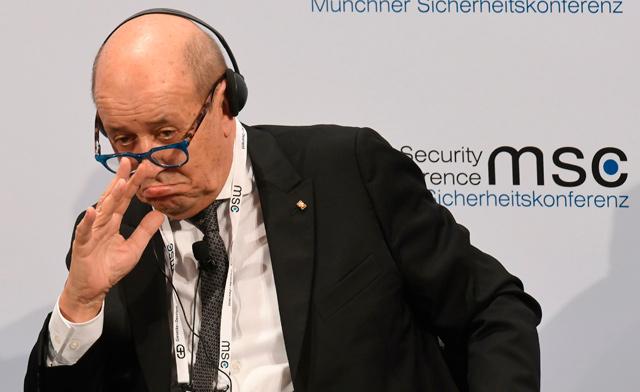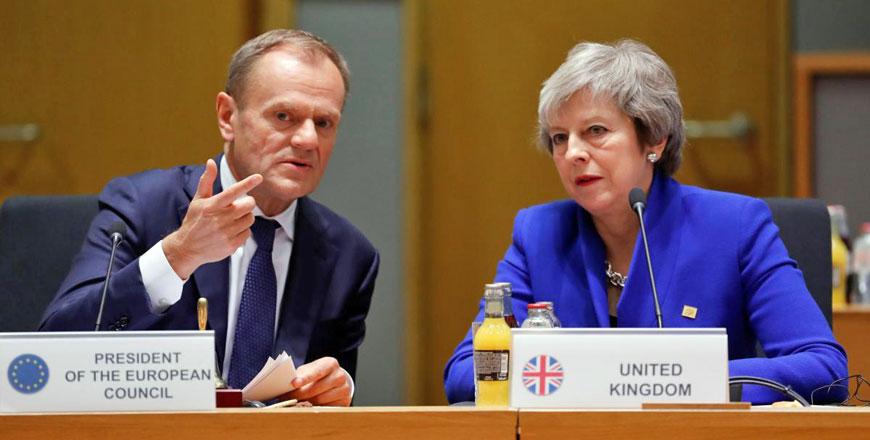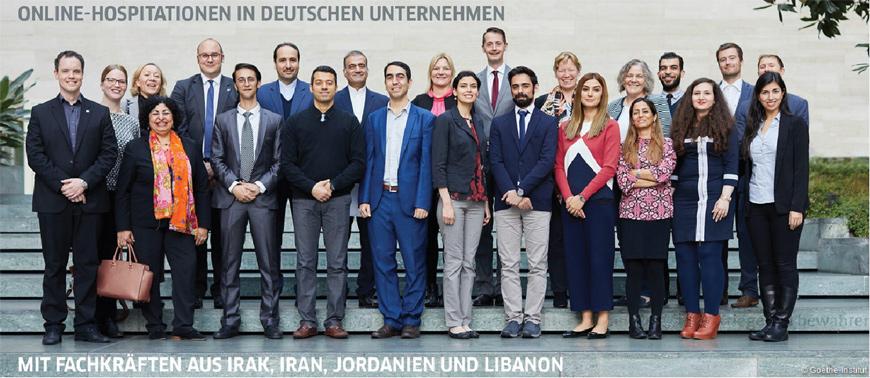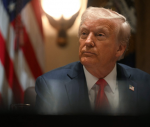You are here
EU’s Barnier paints gloom and doom for post-Brexit Britain
By Reuters - Nov 30,2017 - Last updated at Nov 30,2017
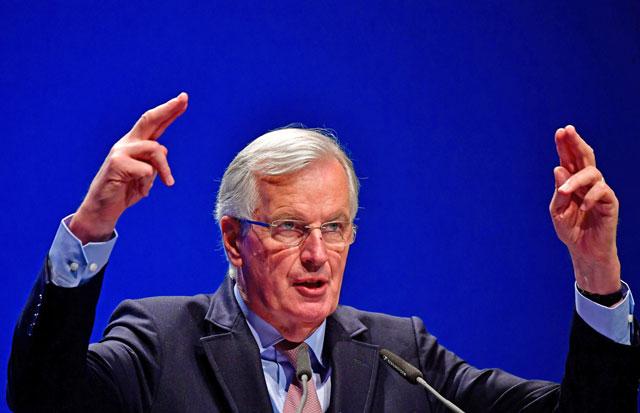
The EU’s chief negotiator for Brexit Michel Barnier gestures as he gives a speech during the Deutscher Arbeitgebertag Congress of German Employers’ Associations in Berlin on Wednesday (AFP photo)
BERLIN — The European Union’s chief Brexit negotiator told German industry on Wednesday that it was his responsibility to help European companies weather the exit of Britain from the EU, and he warned Britain that its economy had much to lose.
In a series of speeches, Michel Barnier also said work remained to be done on how much Britain would pay the EU to cover its share of the EU budget after it leaves. British newspapers have reported his team has broadly agreed on a payment of around 50 billion euros ($59.25 billion).
The EU has given Britain until Monday to make an acceptable offer for a financial settlement, agree on the rights of EU citizens in Britain and ensure no hard border is set up with Ireland. Only then will it start talks on a future trade pact.
German business is worried about the impact of Brexit — Britain is Germany’s third-largest export destination and its fifth-biggest overall trading partner.
“The future of the EU is more important than Brexit,” Barnier told the BDA employers association and the BDI industry group and DIHK chambers of commerce.
Barnier said he was not sure if the “whole truth” had been explained to British business on the impact of Brexit.
“My responsibility before you and everywhere in Europe is to tell the truth to European businesses,” he said in the speech to the BDA employers association. A trading relationship with a non-EU member inevitably involved friction, he said.
“Whatever the outcome of the current negotiations, there will be no business as usual,” he said.
Some politicians in Britain have argued that German companies depend on them for business, so Berlin under Chancellor Angela Merkel may help London get a deal.
But only about 6 per cent of Germany’s trade in goods is with the United Kingdom, compared with 56 per cent with the other EU countries, Barnier said — making it clear Britain had the most to lose.
Barnier also pointed to value-added tax returns and the imports of animals and animal projects that are subject to checks at the EU’s borders as potential problems.
And he warned there was no guarantee that judgements by UK courts on trade disputes would automatically be recognised across the EU after Brexit.
The BDI industry association and DIHK chambers of commerce stressed that the onus was on the British government to shift in its negotiations.
“The British government must move so that the EU can give the green light in two weeks for phase two of the talks,” said the BDI and DIHK groups.
“There can be no cherry picking for London. It is clear: our priority is to strengthen the EU and develop it further,” they said, stressing that the freedoms of the internal market would not be diluted for Britain during any transition phase.
Barnier also warned that companies should prepare for a possible “no deal”, which implies returning to trade tariffs under World Trade Organisation rules, and border controls.
That scenario would lead to higher transport and storage costs, hitting companies operating on a just-in-time basis, he said.
“The no-deal scenario is not our scenario, but since it cannot be ruled out, we have to prepare for it,” he said.
Related Articles
MUNICH, Germany — France on Sunday warned Britain to expect a bitter, bloody battle in Brexit trade talks with the EU, saying the two sides
BRUSSELS — European Union leaders warned the British parliament not to wreck Theresa May’s Brexit deal, saying a package agreed with the pri
AMMAN — The Goethe-Institut has launched the joint initiative "Horizons: Opportunities for the Future", that connects young academics from t


